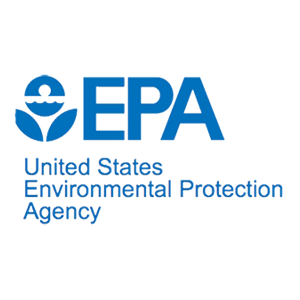The Environmental Protection Agency (EPA) is proposing a rule that would reduce air pollution from highway heavy-duty vehicles and engines, including ozone, particulate matter, and greenhouse gases. This proposal would change the heavy-duty emission control program—including the standards, test procedures, useful life, warranty, and other requirements—to further reduce the air quality impacts of heavy-duty engines across a range of operating conditions and over a longer period of the operational life of heavy-duty engines. Heavy-duty vehicles and engines are important contributors to concentrations of ozone and particulate matter and their resulting threat to public health, which includes premature death, respiratory illness (including childhood asthma), cardiovascular problems, and other adverse health impacts. This proposal would reduce emissions of nitrogen oxides and other pollutants. In addition, this proposal would make targeted updates to the existing Heavy-Duty Greenhouse Gas Emissions Phase 2 program, proposing that further GHG reductions in the MY 2027 timeframe are appropriate considering lead time, costs, and other factors, including market shifts to zero-emission technologies in certain segments of the heavy-duty vehicle sector. We also propose limited amendments to the regulations that implement our air pollutant emission standards for other sectors ( e.g., light-duty vehicles, marine diesel engines, locomotives, various types of nonroad engines, vehicles, and equipment).
Read more > https://www.federalregister.gov/documents/2022/03/28/2022-04934/control-of-air-pollution-from-new-motor-vehicles-heavy-duty-engine-and-vehicle-standards


